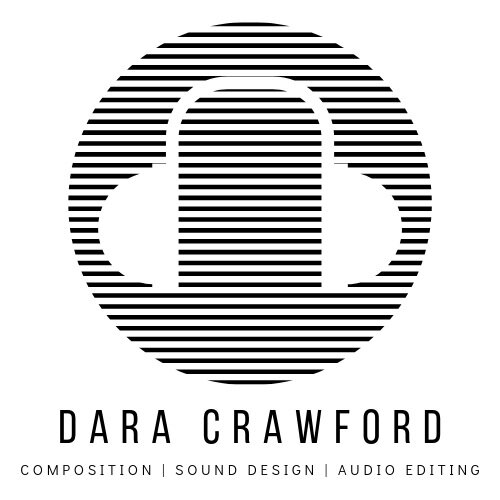I. Introduction
Have you ever experienced writer's block as a composer? It can be frustrating when you have a creative itch that you just can't scratch. But did you know that reading books can help you overcome this block? In this blog, we'll explore why books are the perfect source of inspiration for composing music.
II. The power of books and music
After finishing the Mistborn Trilogy by Brandon Sanderson, I was struck by how much the story, characters, and world of the book inspired me to create music. The emotional journey of the book, from the death of beloved characters to the triumph of overcoming obstacles, left me eager to translate those feelings into music. This is what lies at the heart of film, TV, and game scores. My girlfriend, who was also reading the book, overheard some of my compositions and linked them to the characters with surprising accuracy.
III. Inspiration from books
As I explained to my girlfriend, books play with your emotions in the same way that music does. When writing music, you want to evoke emotions in your listeners. By combining the two, you can amplify those emotions and bring them to the forefront. This is why I felt so inspired to create music after reading the Mistborn Trilogy.
However, my girlfriend pointed out that all the music I created was just sitting on my computer and not being shared with anyone. She suggested starting a blog to share my thoughts and compositions with others. And so here I am, ready to share my inspiration with you.
IV. Reading while composing music
Books offer a wealth of opportunities for composing music. Unlike TV, film, or video games, books don't have an existing soundtrack to influence your decisions about instrumentation or genre. Instead, you have a range of themes to work with, from character themes to location themes and emotional themes. Plus, you can score to an almost limitless number of scenes in the book.
In my experience, reading books is the perfect source of inspiration for writing music. I'm free to create my own themes and textures without any pre-existing influences. I'm confident that other composers would have similar experiences.
Until next time, thanks for stopping by!
